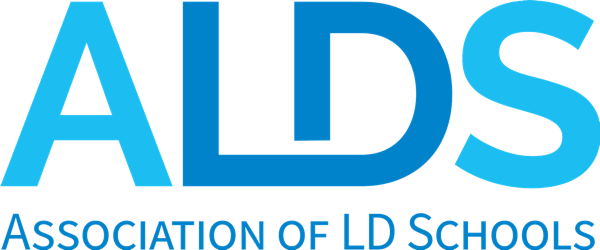Executive functions are inextricably linked to learning and problem-solving. A common misconception I hear regarding students who may struggle with executive functioning skills is that this struggle is synonymous with challenges linked to ADHD. While executive function challenges may accompany ADHD symptomology, it is also true that a student who exhibits weaker or underdeveloped executive functioning skills, may not fit diagnostic criteria for ADHD. To be clear, executive functions play a crucial role for learners of all abilities throughout their school years, whether or not these skills are typical, delayed, or labeled dysfunctional for any particular student. They are developmentally-related functions that help navigate both educational and life-related activities; they help us organize our behaviors and tune out distractions so that we may accomplish our goals.
As an educator, I believe I have a responsibility to understand the links between neuroscience, cognitive psychology, and education so that we, at The Craig School, implement classroom settings, strategies, and educational programs that build upon these critical self-management skills, the executive functions.
Understanding written text is one of the most important abilities students must acquire during their school years. Reading comprehension difficulties may exist despite adequate decoding skills. Decoding skills involve knowledge and subsequent application of letter-sound relationships and letter patterns, language comprehension (vocabulary, morphology, oral comprehension for example), and word identification.
Skilled reading focuses on reading comprehension, the “process of simultaneously extracting and constructing meaning through interaction and involvement with written language.” (RAND Reading Study Group, 2002). The discrepancy between adequate decoding and the ability to understand written text indicates other contributing cognitive processes for successful reading comprehension beyond these foundational reading or decoding skills. There are four core executive functions related to reading comprehension: cognitive flexibility, planning, inhibition, and working memory. As students progress from grade to grade, questions aligned to inference making and evaluation, rather than literal extraction, become more and more important for accurate understanding and subsequent transfer of knowledge. The following is a taste of how each of these four core executive functions impacts students’ ability to comprehend:
While applicable for all types of learners, I can not emphasize enough the role of executive functions when examining classroom instruction and approaches for students with learning differences as many times challenges in executive functioning mask students’ academic ability and capabilities. At The Craig School, you will hear often of our goal to move students toward increased independence as learners. This is a process; it takes time and it also requires us to provide both compensatory strategies and focused intervention of these underlying cognitive processes central to academic success. As you get to know The Craig School Toolbox and our approach to fostering executive functioning development in all of our students, you will notice commonalities in classroom settings such as highly structured and well-organized classroom environments, along with specific instructional practices like cueing, the use of checklists and reference sheets, reminder systems, grouping information into chunks, and the use of mnemonic devices for learning, among many other strategies.
For more information on ways of giving or to make a donation online you can clicking here.





